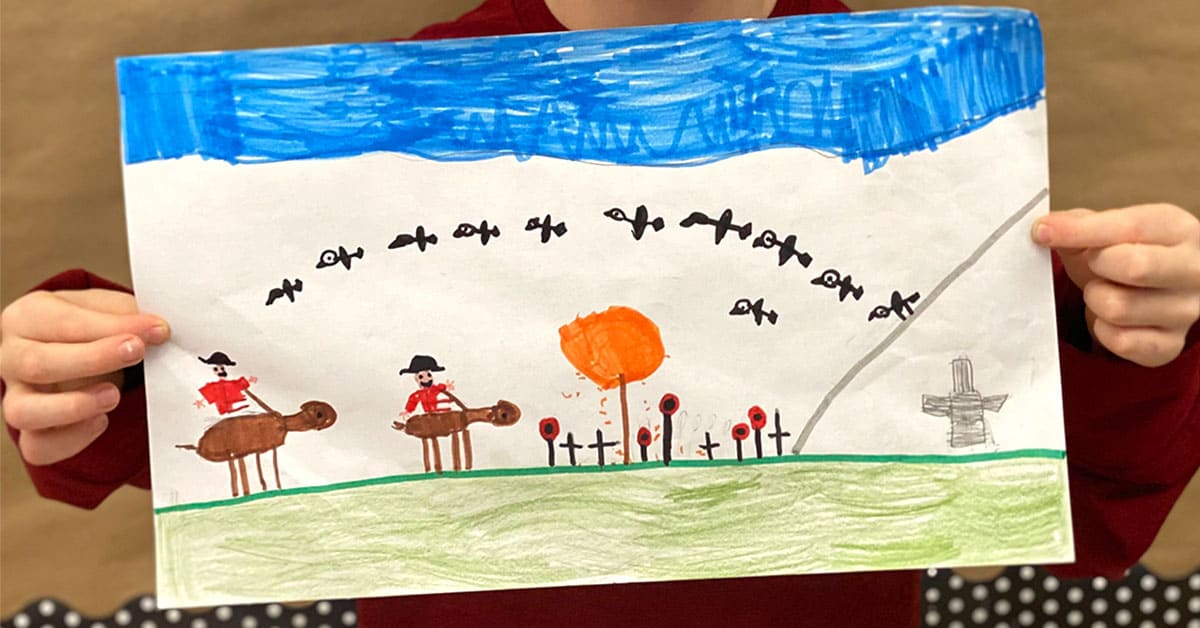Restrictions will continue to be eased – the likes of restaurants and gyms regaining full capacity – despite an uptick in the number of COVID-19 cases in Waterloo Region.
Health officials say the figures appear fairly steady.
“Our local case, hospitalization and outbreak trends remain relatively stable. With the progressive lifting of restrictions and more people heading inside for the winter, we should not be surprised if cases rise,” said medical officer of health Dr. Hsiu-Li Wang during the region’s weekly pandemic briefing October 29.
“We still have approximately 160,000 residents who have not or are not yet eligible to be vaccinated. We have been able to bring the spread of COVID-19 under control through the combination of high vaccination rates and continued public health measures. I am supportive of a cautious and gradual approach to lifting measures that is supported by the trends we are seeing in cases and outbreaks, as well as in health care system indicators.”
At midweek, the region reported 132 active cases, up from 100 a week earlier. A total of 304 people have succumbed to the disease since the pandemic first began.
Some 91.5 per cent of residents over the age of 12 have had at least one dose of vaccine, with 87.8 per cent fully immunized. Public health officials are pushing for at least 90 per cent of residents to receive both jabs, and to continue to observe precautions.
Vaccination task force lead Vickie Murray said the region is working diligently to prepare their clinics and processes to support the community when Health Canada approves the vaccine for children 5 to 11 years of age.
“As of November 1 residents will need to have an appointment to get a second or third dose of vaccine at a regional vaccine clinic. However, we will continue to treat anyone who needs a first dose vaccine as a walk-in at both Pinebush and Boardwalk vaccine clinics anytime and any day we are open.”
Murray said first dose vaccinations remain a priority for the regional task force.
“Our primary care physicians office and community pharmacies continue to be available to get a vaccination.”
There were eight active outbreaks in the region at midweek, four in schools, three in workplaces and one in a childcare setting. Wellesley Rural North, North Cambridge and Southwest Kitchener continue to have higher case rates than the regional average.
As winter closes in, officials expect to see the numbers go up. They remind residents to get their annual flu shot as well as their first or second dose of the COVID-19 vaccine. The Region is hopeful slow and steady reopening of the economy will win the race against the pandemic, as the province sets it sights on a finish line of March 2022.
The numbers are trending downward in Wellington-Dufferin-Guelph, with 25 active cases at midweek, down from last week’s 47. There have been 127 fatalities associated with the virus.
Public health there reports 88.3 per cent of eligible residents has received at least one dose of vaccine, with 85.7 per cent fully inoculated.
The province continues to see growth in the total number of cases, with the tally now at 600,700, up about 2,000 in the past week.
There have been 9,881 deaths attributed to the virus – up 29 over the week before – representing a mortality rate of 1.6 per cent. The ministry reports 587,727 cases (97.8 per cent) have been resolved.
The latest numbers from Health Canada show 23,500 active cases nationwide, down about 3,500 from a week earlier. The cumulative total of confirmed cases now stands at 1,720,355, with 29,056 related deaths, a mortality rate of 1.7 per cent. Nationally, 88.1 per cent of eligible Canadians have received at least one dose of vaccine, with 83.7 per cent fully vaccinated.









